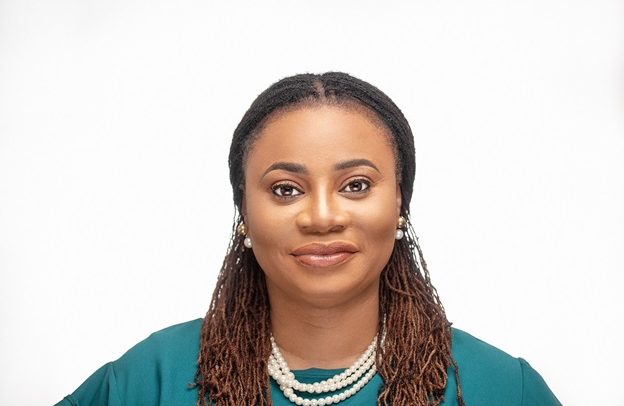
By Sandra Agyeiwaa OTOO
Country Director of the World University Service of Canada in Ghana (WUSC), Emelia Ayipio Asamoah, has underscored the significance of ramping up investments in organizations equipped with substantial gender expertise.
She said it was key to link gender considerations with financial decision-making to leverage the current momentum in impact investment.
She made this call during a workshop in Accra. Themed the “unlocking gender lens investing in Ghana: catalysing economic prosperity through transformative change”, the workshop is part of efforts to investigate how gender analysis and insights, particularly from women’s rights organizations, can be utilized to promote actionable investment strategies, decisions, and outcomes by financial service providers.
“To fully leverage the current momentum in impact investment, there’s a need to invest more in organisations with deep gender expertise and those capable of bridging the gap between gender considerations and financial decision-making,” she noted.
The workshop, convened by Impact Investing Ghana in partnership with the World University Service of Canada (WUSC), aimed to identify lessons for donors/investors. It also aimed to outline concrete actions necessary to ensure that more women and businesses, particularly those enhancing the economic status of women, have access to the funding required for their expansion.
“Ghana, known for its cultural richness and entrepreneurial vitality, represents resilience and progress in the journey towards gender parity. Despite notable achievements, gender disparities persist, particularly in finance and investment. This event aims to provide a platform to redefine the narrative and pave the way for a future where gender lens investing is not just an aspiration but a tangible reality, and this aligns with the mission of WUSC to promote a better world for all,” she stated.
She added that as an organisation, “we believe that gender-lens investing represents a potent force for change—a tangible means through which we can drive meaningful progress towards gender parity while simultaneously generating financial returns. By integrating a gender-focused approach into our investment strategies, we not only amplify the voices and opportunities available to women but also catalyse socio-economic transformation on a significant scale,” she added.
She urged all stakeholders to join forces and contribute their share towards gender equality while also enriching the collective understanding of gender lens investment.
Manager of the IGNITE Project at World University Service of Canada, Clara Anim, noted that her outfit has been championing female empowerment in Ghana since 1997.
“As an organization, the World University Service of Canada has been in Ghana since 1997 and we have been working on empowering young females in diverse areas, especially areas around economic opportunities. As you progress in your activities or projects, there is a need to really look at what else can be done. So since 2018, we have been looking at the investment space, particularly investments in women-led initiatives and what can we do differently,” she said.
Explaining further, she said: “The gender lens is just an intersectional approach to understanding the issues that affect women and how we can tailor or make products and services to empower them.
“If you give women money and they can’t invest in their businesses, then what benefit will that money be to them? So this event is just to bring different stakeholders into the space to understand the real issues affecting women and what we can do differently to help women.”
The Chief Executive Officer (CEO) of Impact Investing Ghana, Amma Sefa Lartey, commented that “gender lens investing promotes gender equality, ensuring that women, who make up 50 percent of our population, have the same opportunities and access to loans to grow their businesses as men, who are also very important,” he said.
The post Gender expertise must drive financial decisions – WUSC Country Director appeared first on The Business & Financial Times.
Read Full Story















Facebook
Twitter
Pinterest
Instagram
Google+
YouTube
LinkedIn
RSS